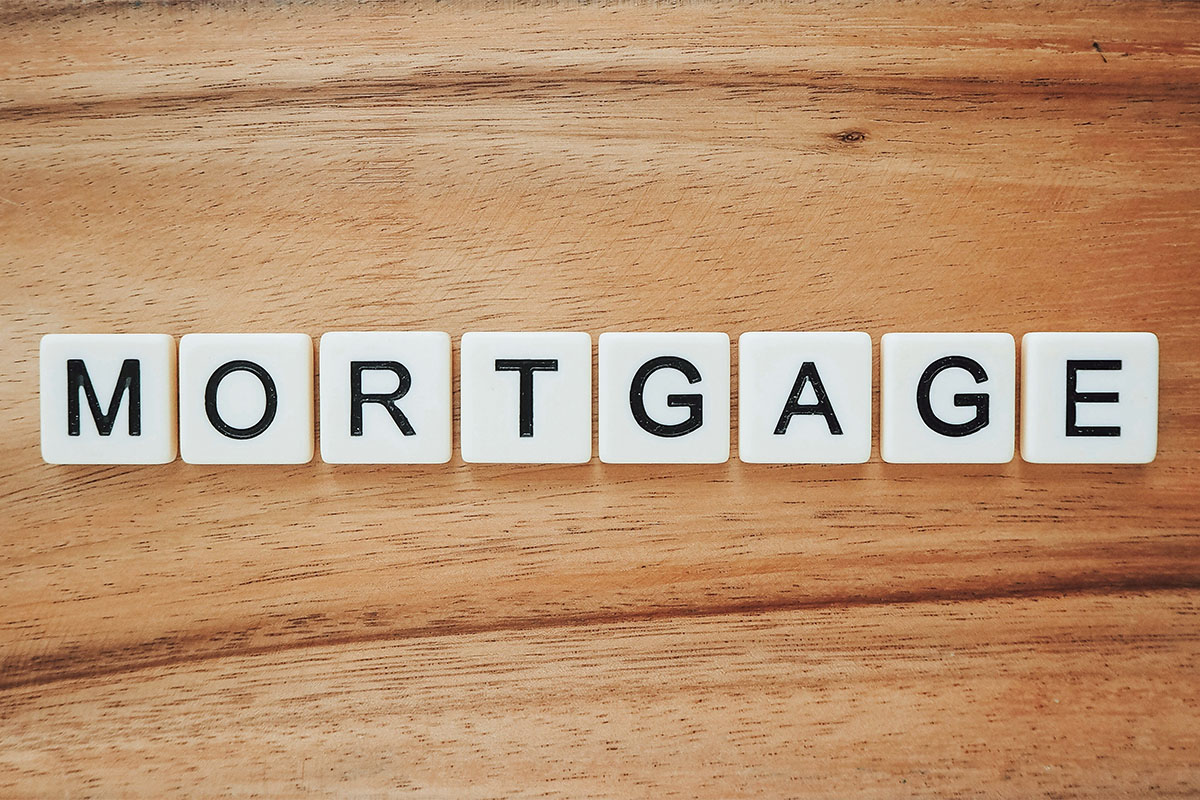Foreclosure is a procedure that banks and mortgages use to return their losses when their clients fail to make deposits on their mortgages. A client who decides to use a mortgage to purchase a property has to make monthly payments to the mortgage company until they complete the full payments. In case the client is unable to make the payments due to financial issues the mortgage company will repay themselves by taking possession of the property and reselling it.
Foreclosure is not done instantly; the lender has to miss a certain amount of payments for the lender to take ownership of the property. If a property is foreclosed on, the owner is evicted and the foreclosure will be recorded and affect their credit score.
How do you avoid a foreclosure?
Making monthly mortgage payments is all it takes to avoid foreclosure. It is important to prioritize your payments. Having some savings or liquid assets is essential in case you are caught up in a financial crisis. For example, if you lose your job, these savings will give you time to find an alternative source of income without having late payments on your home.
How do you stop a foreclosure?
In case you missed several months of payment and are in preforeclosure, you can potentially stop the process using one of the options below.
Talk with your lender
This option is good if you stopped making mortgage payments for some time and you are financially capable to continue to make the payments but you also cannot afford to make one payment on the months missed. Your mortgage company may be willing to get you back on track by finding a new repayment plan as long you won’t have any more problems with making payments. While making such adjustments, be honest with your lender about what amount you can afford to make monthly.
Request a forbearance
A mortgage forbearance allows borrowers to temporarily put a hold on their monthly mortgage payments due to financial hardships. During this time your mortgage company expects that you will now be able to make the monthly payments including for those months that you had defaulted payments.
Request for a modification
A loan modification adjusts the current terms of your loan. This will help you make your monthly payments in a more relaxing way. The most common way of having a loan modification is by lengthening the period of the loan term. This will increase the payment period and also reduce the number of monthly payments.
File a bankruptcy petition
The government does not allow debt collectors to continue receiving payments if you file for bankruptcy. This option will help you get more time to get you back on your feet after a financial crisis but it does not write off your debts. You will have to work with creditors to come up with a payment plan that is less stressful so that you can keep making payments or your home is sold to pay the debt.
Key Takeaway
You should communicate with your mortgage company if you have financial hardships. It is more likely that your lender would help you find a payment solution rather than beginning the procedure of foreclosure, which is tiresome and costly for all parties involved. This is something an experienced real estate agent can really help with—Contact a Lone Star Realty team member if you need help avoiding or stopping a foreclosure process. Our agents will be happy to lend their expertise!





